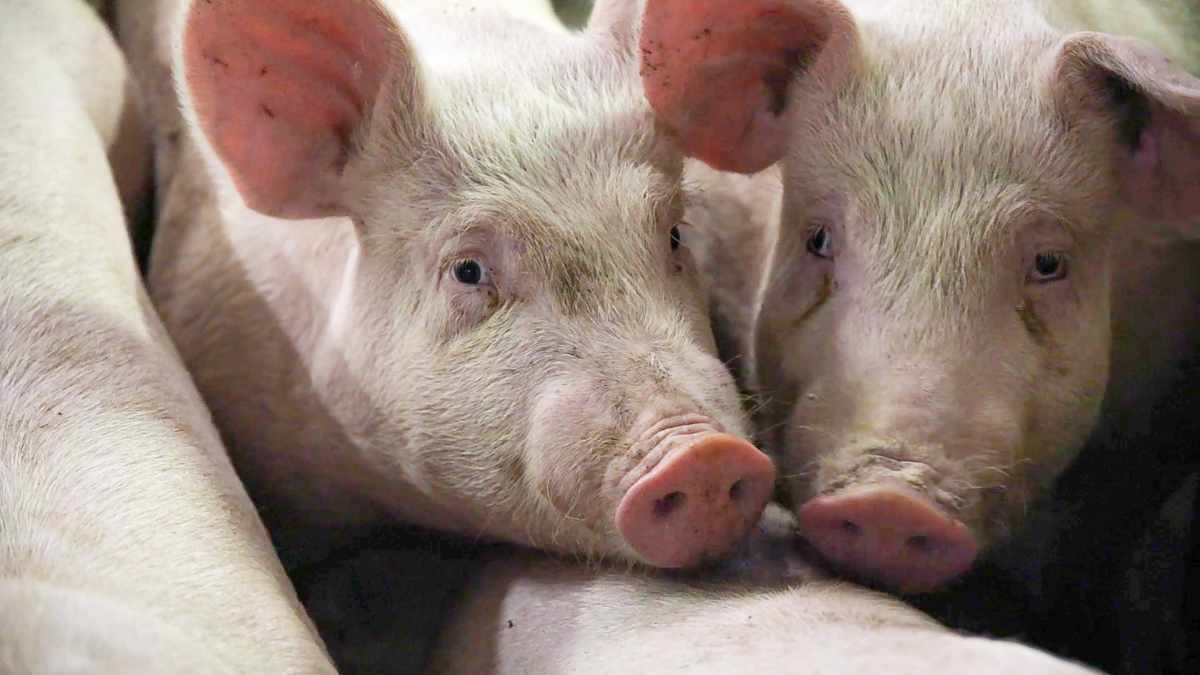The UK’s chief veterinary officer (CVO), Christine Middlemiss, has today (Tuesday, January 10) confirmed that there were five cases of Seneca Valley Virus (SVV) in pigs last year.
Disease was suspected in the pigs concerned between June and September 2022 in England and, following an investigation by the Animal and Plant Health Agency (APHA), SVV was the confirmed diagnosis.
The Department for Environment, Food and Rural Affairs (Defra) has said that while SVV is not a reportable disease, the clinical signs of it resemble foot-and-mouth disease.
The department has therefore called on pig producers and vets to continue to report any clinical signs of vesicular disease in pigs so that APHA can carry out official investigations.
Seneca Valley Virus (SVV)
SVV only affects pigs for a short period of time and they make a full recovery from the virus. It poses no risk to human health.
To minimise the risk of disease, pig producers and owners are advised to inspect their pigs at least once a day, staying vigilant for lameness and vesicular (blister) foot or snout/mouth lesions.
Defra said high biosecurity standards should be maintained, and advised thta the following be carried out:
- Regular reviews of their biosecurity measures and address any weaknesses, minimising movements of vehicles, people or equipment onto pig units;
- Controlling rodents, flies and as far as possible, wild birds;
- Isolating incoming pigs away from the resident herd for at least one month;
- Sourcing pig food or ingredients from reputable pig feed companies and never feeding kitchen or catering waste or meat to pigs;
- Following the National Pig Association (NPA) import protocol if importing live pigs.
The department issued a reminder to pig keepers that it is illegal to feed pigs meat or meat products, and kitchen or catering waste.
Doing so, it said, endangers the health of the pigs and risks introducing exotic diseases, such as foot-and-mouth disease or African Swine Fever (ASF), into the country.

